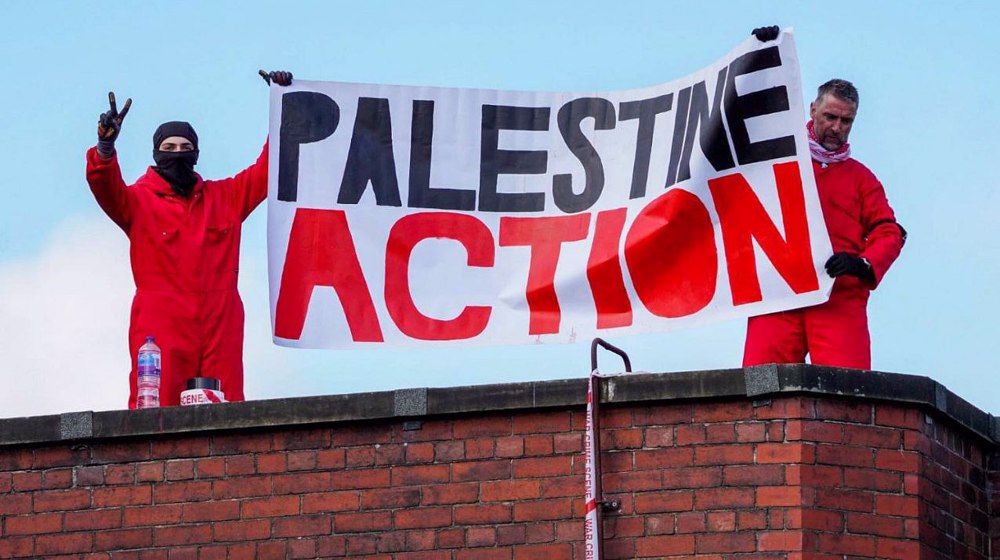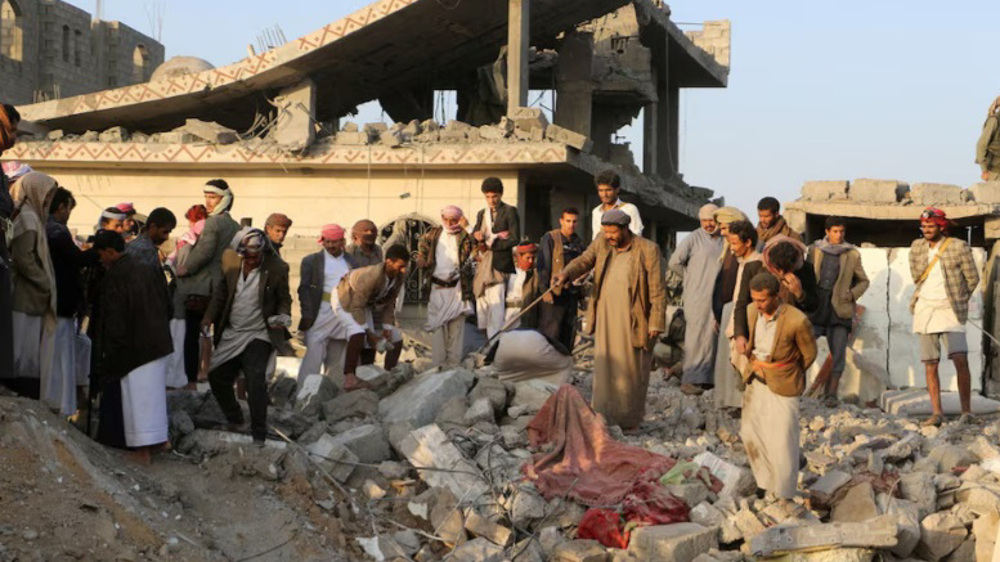British-Sudanese medic killed fighting along with ISIL terrorists in Syria
A group of British-Sudanese medical students who traveled to Syria to join ISIL terrorists has lost one of its members while battling with Syria government forces.
Osman Mustafa Fagiri, 23, from north London, is believed to have been killed in the ISIL-held province of Raqqa in northern Syria. He was one of nine British-Sudanese medical students who left their homes in March to provide medical need for ISIL terrorists.

One of the group members, Osama Badri, 24, confirmed the death of Fagiri via a Facebook post in which he wrote: “May Allah accept our brother Osman Mustafa Fagiri. I have known him for more than 5 years!”
The group traveled to ISIL-controlled parts of Syria in 2014 after spending some time together in Mali.
Fagiri had studied at the University of Medical Sciences and Technology (UMST) in Khartoum and was part of a group of at least 18 British-Sudanese students who studied at the Sudanese private medical college and subsequently either joined or attempted to join ISIL in Syria.

Friends of the original group of nine have said that more young British medical students remain in Khartoum prepared to follow the route of their predecessors, who flew from Khartoum to Turkey and then traveled overland to Syria.
Fagiri’s cousin, Mohammad Hamad, described him as “very friendly and polite” and said his death came as a “shock” to the family who were unaware of his activities with the terrorist group.
The group of nine medics, as well as a new group of five medics attempting to reach the Syrian border are reportedly under the surveillance of British intelligence agencies and the Turkish security services who are on a mission to hunt them down. They are believed to have been recruited by Mohammed Fakhri, a Briton from Middleborough.

Two brothers from Leicester, Ibrahim, 21, and Mohamed, 23 left their medical studies to follow in the footsteps of the British-Sudanese group. They are among the group of five British medical students currently thought to be hiding in Turkey.
Shiraz Maher from the International Centre for the Study of Radicalization said: “There was some ambiguity over precisely how Fagiri died. Some people thought he may have become a suicide bomber, but we’re confident this isn’t the case. It appears that Fagiri was battling with Syrian regime forces and was killed in combat.”

We bypass politicians and go straight to aggressors: Palestine Action co-founder

‘Sensitive’ UK military documents found scattered on Newcastle street: Report

UK tanker refueled US warplanes during escalation against Yemen: Report
VIDEO | Gaza’s dire conditions hit unprecedented levels
VIDEO | Press TV's news headlines
VIDEO | Pakistan’s business and cultural front unites for Gaza: Nationwide shutdown, boycott announced
US jets carry out more aggression against Yemen
Syrian militants enslaving Alawite women in Idlib governorate: Report
VIDEO | US pro-Palestinian campus protest
VIDEO | Palestinian civil defense rejects Israel’s probe and exposes the crime
India downgrades ties with Pakistan after deadly Kashmir attack







 This makes it easy to access the Press TV website
This makes it easy to access the Press TV website